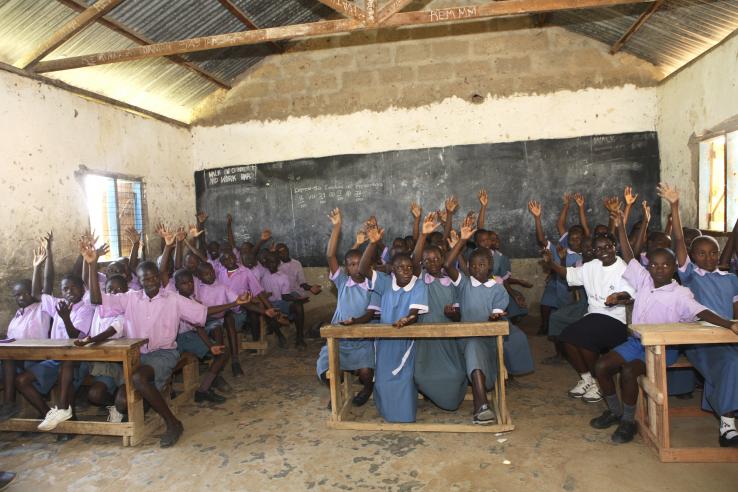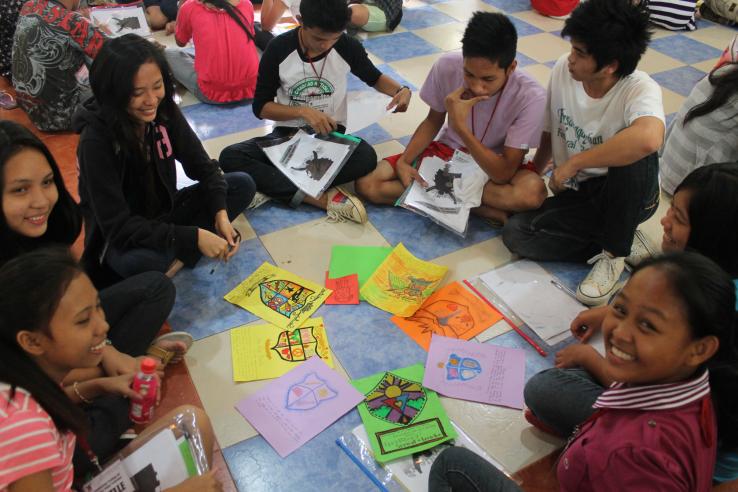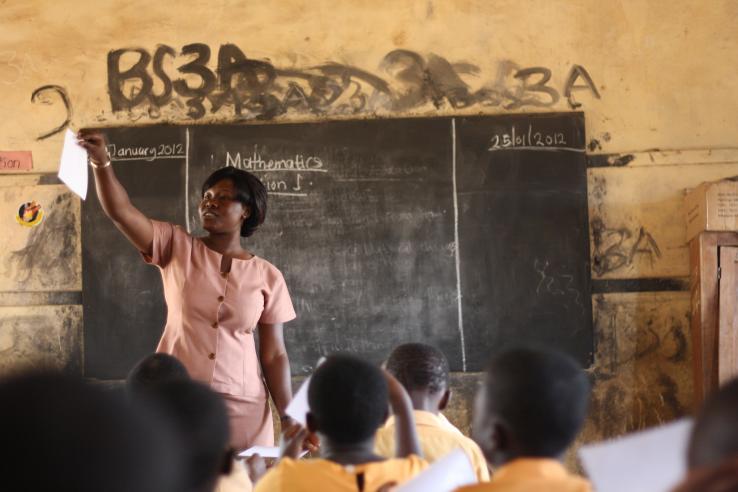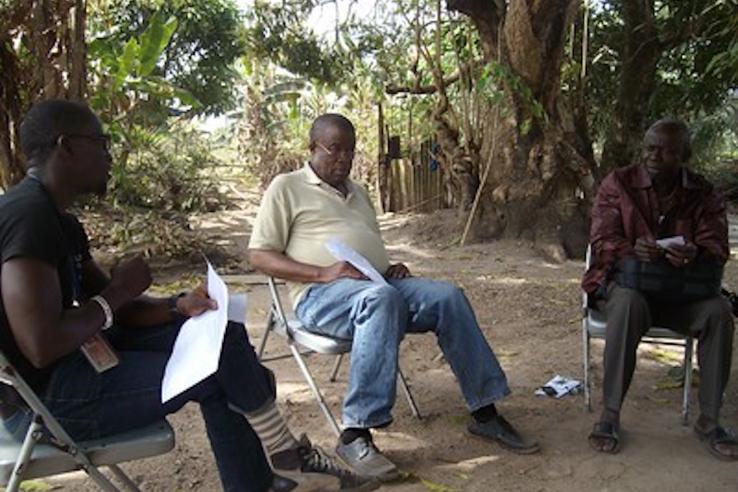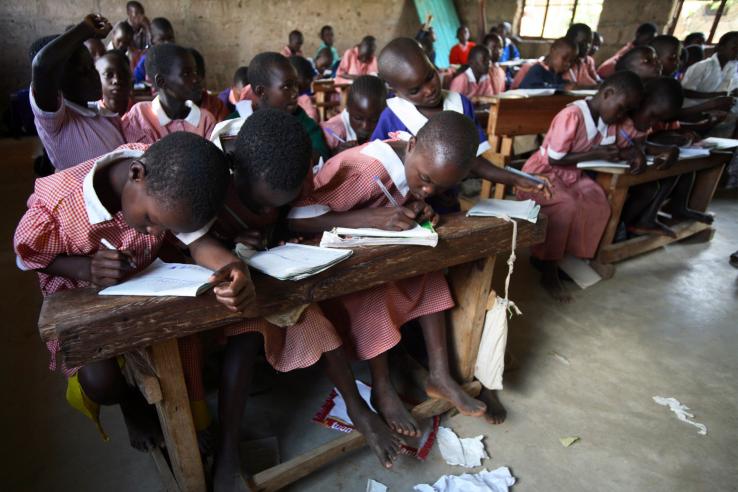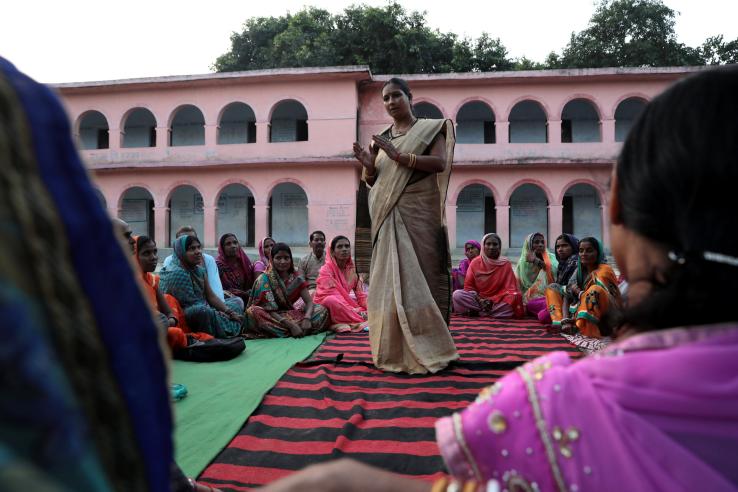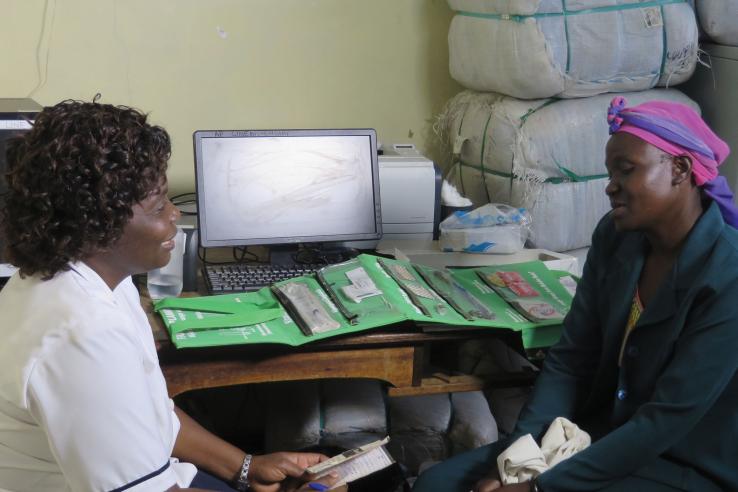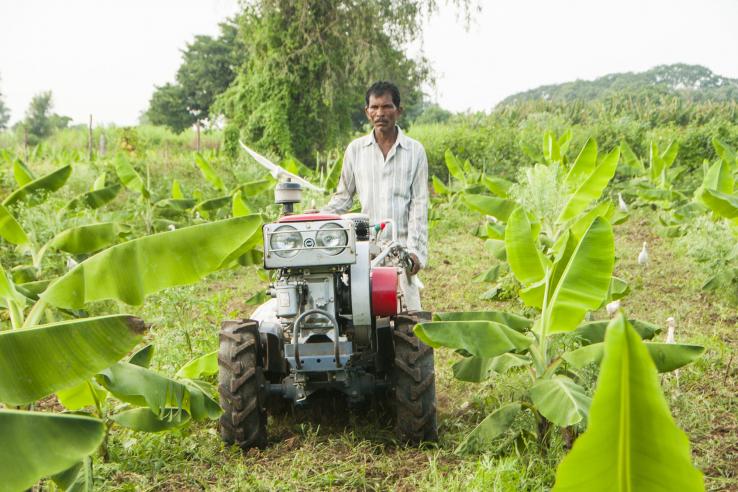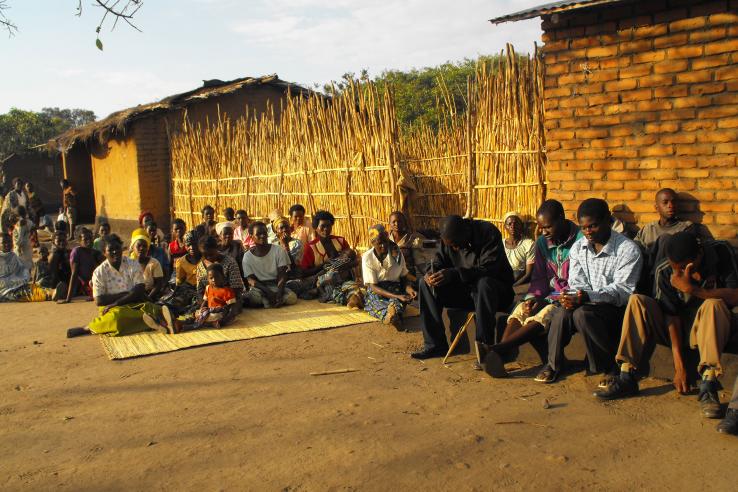Displaying 4141 - 4155 of 8489
Evaluation
Researchers are conducting an evaluation of the Government of Kenya’s G-United youth volunteer program to test the effect of randomly placing students in locations they prefer on the retention of volunteers in the program, their job performance, and their employment outcomes after the program.
Evaluation
Researchers conducted a randomized evaluation to test the impact of an all-expense-paid three-day leadership training workshop on incentivizing honest and competent youth to run for a village youth council.
Evaluation
Building on previous research, researchers in this study evaluated the impact of several targeted instruction programs on the learning outcomes of primary school students in Ghana’s public schools. Researchers found significant improvements in numeracy and literacy on average; of the four interventions, in-school and after-school remedial lessons delivered by Teacher Community Assistants had the largest impact on pupil achievement.
Evaluation
To better understand barriers to COVID-19 testing for underserved communities, researchers evaluated the impact of varying flyer messaging and survey incentive rates on survey responses. Researchers will use survey responses to identify the most important barriers to testing and potential community leaders to effectively disseminate vital public health information. This research is ongoing. Results forthcoming.
Evaluation
In Sierra Leone, researchers evaluated the effect of publicly-screened debates during the run-up to parliamentary elections. Debates impacted voters’ political knowledge and voting decisions, and also caused candidates to invest more in their constituencies, both during the campaign and one year later.
Evaluation
In collaboration with China’s National Environmental Inspection Program, researchers are evaluating the impact of reporting firms’ hourly emissions data to environmental inspectors on the likelihood of firms being inspected, local air pollution, local economic output, and health outcomes.
Blog
J-PAL North America hosted an in-person Research Staff Training (RST) in August 2025, welcoming 29 participants to a three-day course on randomized evaluations.
Evaluation
In partnership with International Child Support, researchers designed and evaluated an incentives program that provided salary bonuses to teachers in Kenya based on the performance of their school as a whole on annual district exams. While results show that the incentives program led to an increase in student test scores, researchers believe that this increase was due to improved test-taking strategies and "cramming," rather than an increase in overall knowledge. The program did not have an impact on test scores in the long-run.
Evaluation
Researchers offered two days of business training and assistance in identifying a medium-term financial goal to a random sample of women of different castes and religions in India. A random sub-sample of women were invited to attend the training with a friend. Women trained with a friend doubled their demand for loans and expanded their business activity, resulting in higher household income. This impact was stronger among women from religious or caste groups with social norms that restrict female mobility.
Evaluation
Researchers used an evaluation that varied whether women were given access to contraceptives alone or with their husbands to examine the effect of male involvement in family planning on fertility outcomes. Women who received private access to vouchers for contraceptives were more likely to take up and use contraception, compared to women whose husbands were involved in the voucher program.
Evaluation
Researchers conducted a randomized evaluation to measure the impact of a crop price awareness program on reducing price uncertainty and promoting forward-looking planting decisions among farmers in India.
Evaluation
Researchers partnered with Pratham, an educational NGO, to evaluate the impact of their “Read India” program and its components, which include teacher training, monitoring, learning materials, and village volunteers, on educational attainment. Preliminary results suggest the program had a modest impact on overall reading levels in the villages where camps were held, but a much larger impact on the subgroup of children that actually attended the camps.
Evaluation
In Malawi, researchers examined the effect of bundling rainfall index insurance with a credit program on farmers’ demand for credit. They found that bundling insurance with credit reduced the demand for credit, from 33 percent for credit alone to 17.6 percent for the bundled product.
Evaluation
Researchers randomly assigned voting precincts to a campaign spreading information on corruption and public expenditure one week before the 2009 municipal elections in Mexico. Providing incumbent corruption information not only decreased incumbent party support, but also decreased voter turnout and support for the challenger party, as well as eroded partisan attachments. While information clearly is necessary to improve accountability, corruption information is not sufficient because voters may respond to it by withdrawing from the political process.
